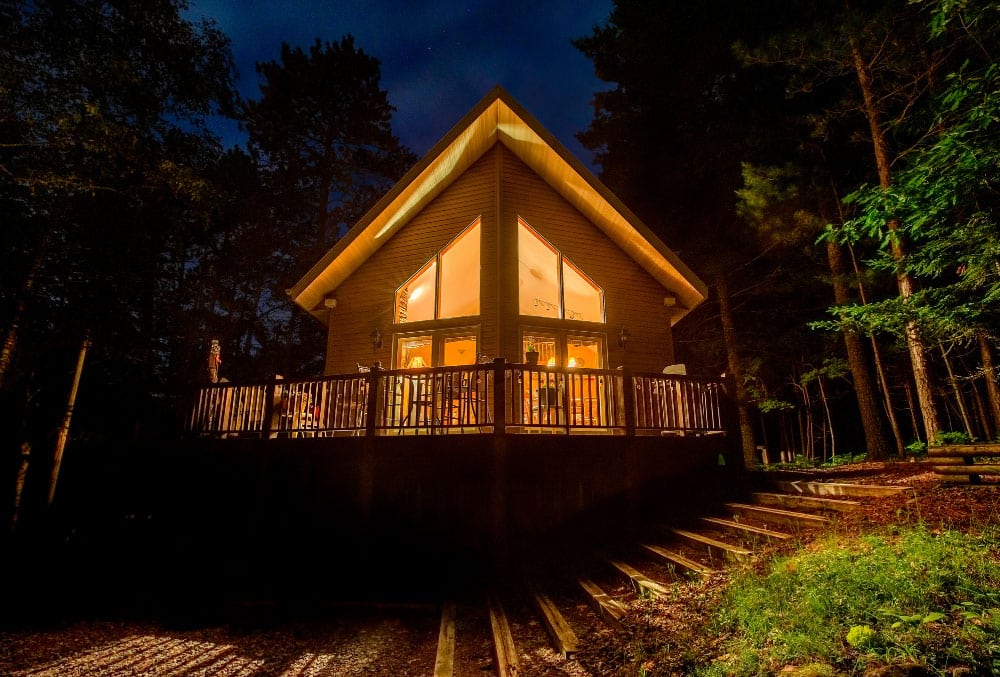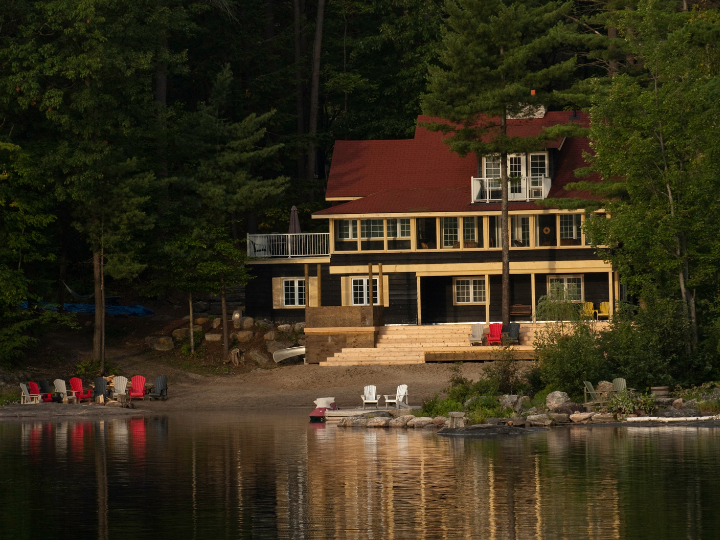Learn More About When You Need Short-Term Rental Insurance and How It Works
November, 30 2021
If you own a second home or cottage, you may be wondering if you can rent it out for profit when you are not using it. After all, your family and friends can get away only so often during the year, so it could make financial sense to find a short-term renter to stay in your second home. Even if you plan to rent a room or portion of your primary home, your insurance needs may change.
When you decide to open your home to renters, you will have to make many decisions – and one important decision is about your insurance coverage. Short-term rental insurance may be a good option for you. Airbnb, VRBO, and traditional home share hosts need to be sure they are covered for accidental damages, theft, legal liability, and other risks when opening their home or second home to tenants.
Read on to learn more about what short-term rental insurance is, how it works, and if you need it then contact us at Duliban Insurance for more help with your coverage needs.
The Basics of Short-Term Rental Insurance
Protect yourself and your investment in your home or cottage with short-term rental insurance designed to meet your needs as a homeowner renting their home or part of their home.
What is short-term rental insurance?
Short-term rental insurance, also called home share insurance, is coverage designed to protect you if you rent out your vacation home or primary home for short periods of time, usually six months or less in duration. Landlords or homeowners can purchase short-term rental insurance coverage.
Who needs short-term rental insurance?
Anyone planning to rent their home or vacation home to visitors for a fee may need short-term rental insurance, especially if you plan to rent your home out more than once. Your homeowner’s insurance policy likely will not extend coverage to your second home in these cases, but you should talk with your agent to clarify the terms and conditions of your specific policy.
Some homeowner’s policies exclude damages if the home is vacant for any length of time, longer than 30 days in general. With a home you rent to others, frequent periods of vacancy are likely and this creates a greater risk for your homeowner’s insurance carrier, so they may exclude damages that result during vacancies.
What does short-term rental insurance cover?
While each insurance policy is different and you should be sure to review the specifics of any policy you are considering purchasing, short-term rental insurance policies may include coverage for the following:
- Property damage
- Theft by guests, visitors, and tenants
- Rental income loss if the property is not usable for a period of time
- Liability
- Legal expenses
- Key and lock replacement costs
- Accidental and deliberate damage caused by tenants
Read your policy carefully to understand exclusions and conditions, and make sure you comply with time frames and policy conditions. We can help you understand your current coverage and identify any gaps in your cottage or second home policy.
Ways To Reduce Claims on Your Short-Term Rental Insurance
Once you have purchased your short-term rental insurance, you will appreciate the peace of mind the coverage affords. But even though you have coverage for accidents and the unexpected, you still should work to control and manage your risks. There are some steps you can take as the property owner to lower your risk of claims on your short-term rental insurance.
Leave instructions and helpful information in your home. When tenants arrive, they may not be familiar with how to operate your appliances safely. Leave manuals and clear instructions for things they will use, like the dishwasher or laundry. Purchase a portable fire extinguisher to have around in the kitchen or garage. Note the location of the emergency water shut off and power box. Leave clear directions if there are amenities you provide for tenants, like a canoe or kayak to explore the lakes.
Communicate emergency plans with tenants. Have a plan for what to do if something goes wrong posted in the house. Local fire, police, and hospital details are helpful. Explain how smoke alarms and carbon monoxide alarms work and what tenants should do if the alarms sound. If bad weather is a possibility, make sure to leave instructions for how snow removal and debris clean-up will be handled. Tenants should have your contact details and an emergency contact if you are not reachable.
Update alarm codes after each rental. A good safety practice is to update your lock passcodes, alarm PINs, Wi-Fi passwords, and any other home security codes after each tenant leaves.
Inventory and video your belongings and property. Take a video inventory of your belongings and the condition of the property before tenants move in. Having records of what you own and its condition before renting your home will support any damage claims when your tenants leave. If you store any of your own items at the vacation home, take care to lock them up securely if you do not want your tenants to have access.
Secure and winterize your home if it will be vacant. Take measures to lock, secure, and prepare your cottage for winter or for long periods of vacancy. Shut off water or otherwise ensure pipes will not freeze. Locking all doors, windows, and basement entrances is a simple but effective deterrent. Secure outbuildings and sheds, too.
How To Purchase Short-Term Rental Insurance
Once you have decided to purchase short-term rental insurance, make sure you shop around to compare rates and policy options. This is the best way to ensure you get the best rate for your short-term insurance needs. Contact us for help comparing rates on short-term rental insurance in Ontario and Niagara. We work with all the top carriers in Canada to find you the right fit for your family.
How do I Learn More?
To learn more about short-term rental insurance, contact the experts at Duliban Insurance. Our licensed experts will be happy to answer any questions you have.
External Links:












